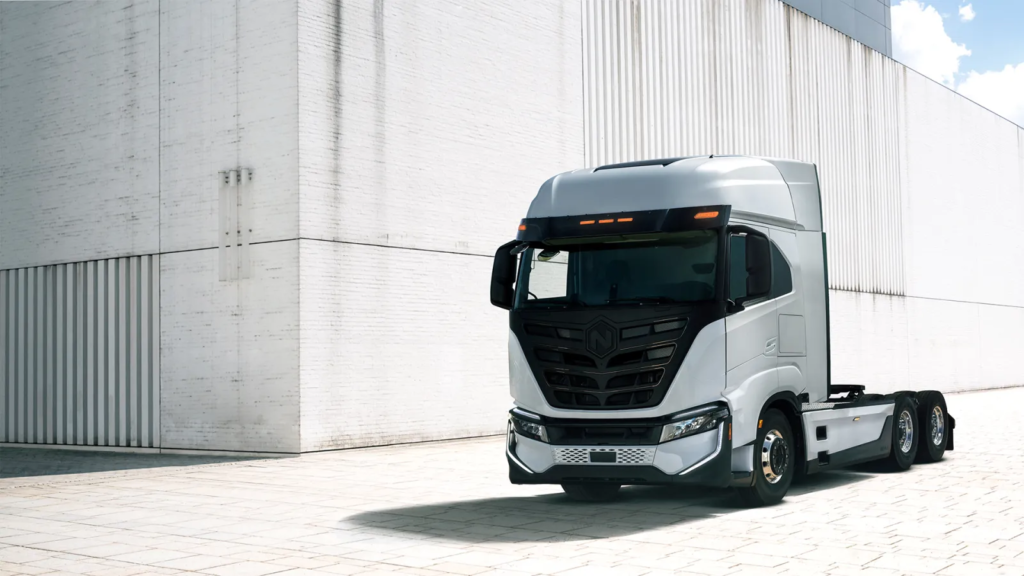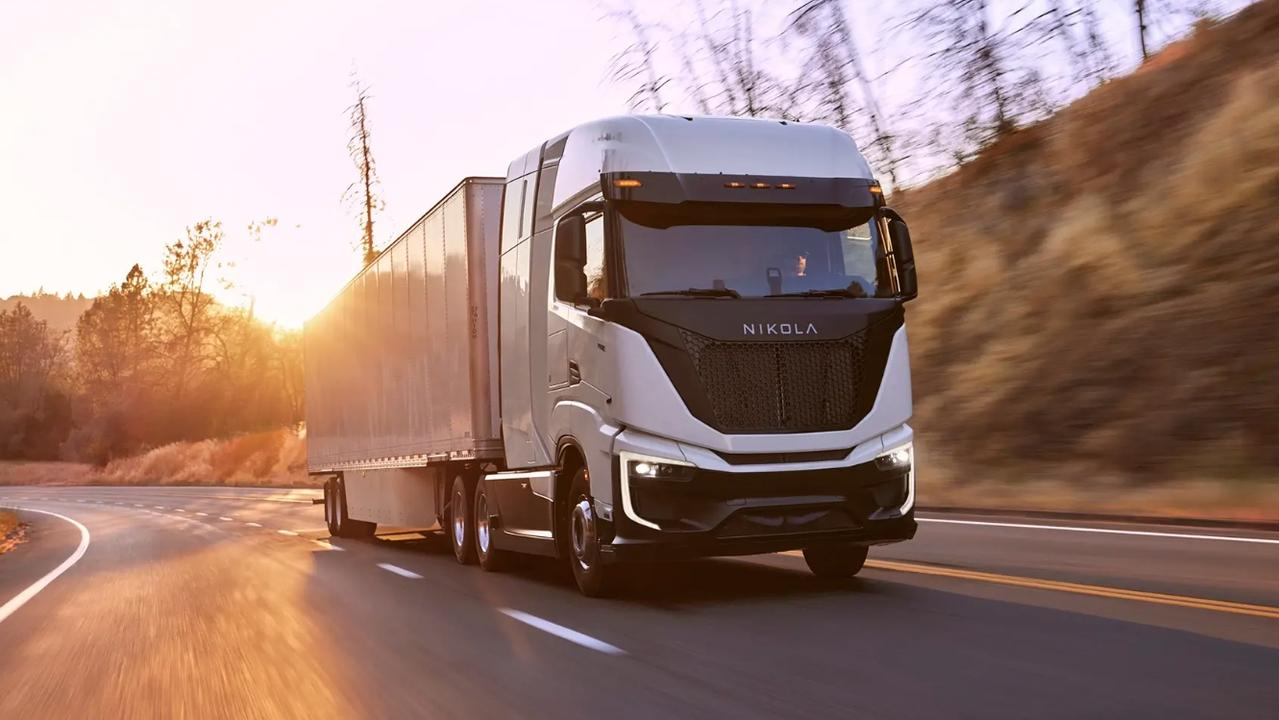Nikola Corporation, once hailed as a revolutionary player in the electric and hydrogen-powered vehicle market, has officially filed for Chapter 11 bankruptcy.
The Phoenix-based startup, which aimed to disrupt the commercial trucking industry with zero-emission solutions, has faced significant challenges over the past decade. Despite initial investor enthusiasm and strategic partnerships, Company struggled to deliver on its ambitious promises, leading to financial distress and ultimately, the decision to seek bankruptcy protection.
The company’s downfall is a cautionary tale of high expectations, technical difficulties, and corporate controversies. Founded in 2014, Nikola entered the market with grand ambitions to develop both battery-electric and hydrogen fuel-cell trucks.
Early investors were captivated by the potential of these technologies, and the company’s stock soared following its public debut. However, as production challenges mounted and allegations of fraud surfaced, Nikola found itself unable to generate the necessary revenue to sustain operations.
Financial Struggles and Legal Issues
One of the major turning points for Nikola was the controversy surrounding its founder and former CEO, Trevor Milton. In 2020, the company unveiled the Nikola Badger, an electric pickup truck that was supposed to feature both battery-electric and hydrogen fuel-cell variants.
The announcement generated excitement, and Nikola even secured a partnership with General Motors (GM) to aid in development. However, soon after, accusations emerged that company had misrepresented the capabilities of its vehicles and technology.
A report by Hindenburg Research alleged that Nikola had engaged in fraudulent practices, including misleading investors about the operational status of its vehicles.
These allegations led to a federal investigation, and in 2022, Milton was found guilty of multiple charges of fraud. The scandal severely damaged company’s reputation and led to a shift in the company’s strategy.
Read : Tesla Cybertruck Seized in Greater Manchester
The Badger project was scrapped, and Nikola refocused on producing electric and hydrogen-powered semi-trucks. Despite this pivot, the damage had already been done, and investor confidence waned.
At its peak, Nikola had a market valuation exceeding $30 billion. However, by late 2023, the company was struggling to stay afloat. Nikola reported having $200 million in cash reserves but was burdened by $270 million in long-term debt.
The company’s inability to scale production and generate sustainable revenue streams made it difficult to recover. By mid-2024, reports surfaced that Nikola was running out of money, causing its stock price to plummet below $1 per share.
Declining Sales and Bankruptcy Filing
Despite its initial vision, Nikola struggled to mass-produce and sell its vehicles in meaningful numbers. The company delivered its first electric semi-trucks in 2022, but demand remained insufficient to sustain operations.
Company’s financial troubles only deepened as production costs continued to rise, and competition in the electric vehicle (EV) sector intensified. Established automakers such as Tesla, Volvo, and Daimler increasingly captured market share, leaving little room for Nikola to establish itself as a dominant player.

In its bankruptcy filing, company disclosed that it had only $47 million in cash on hand while carrying liabilities between $1 billion and $10 billion. The company owes debts to between 1,000 and 5,000 creditors, further complicating its financial position. While the company has stated that it intends to provide “limited” support for trucks already on the road, its long-term viability remains uncertain.
Nikola’s bankruptcy follows a pattern seen among several EV startups that once enjoyed high investor interest but failed to translate vision into reality.
Lordstown Motors, another EV company specializing in electric pickups, filed for bankruptcy in 2023. Similarly, Fisker, a California-based EV startup led by Henrik Fisker, also succumbed to financial pressures in 2024. These failures highlight the challenges that new entrants face in the competitive and capital-intensive automotive industry.
Impact on the EV Market and Future Implications
Nikola’s bankruptcy filing underscores the broader volatility within the EV sector. While the industry has experienced rapid growth, startups face immense hurdles in scaling production, securing supply chains, and achieving profitability.
The collapse of Nikola raises concerns about the sustainability of other EV startups that rely on speculative investments rather than proven business models.

The demise of company also serves as a reminder of the importance of transparency and credibility in the corporate world. The fallout from Trevor Milton’s fraudulent activities significantly contributed to the company’s downfall, demonstrating the impact that ethical misconduct can have on an organization’s financial health and public trust.
Moving forward, investors and regulators may scrutinize EV companies more closely to ensure they are delivering on their promises. For the broader commercial trucking industry, Nikola’s exit leaves a gap in the market for zero-emission solutions.
While established manufacturers like Tesla and Volvo continue to develop electric and hydrogen-powered trucks, the failure of Nikola raises questions about the viability of hydrogen fuel-cell technology in particular. Many experts argue that battery-electric trucks are a more feasible short-term solution, while hydrogen technology still faces infrastructure and cost barriers.
As Nikola winds down its operations, the fate of its existing customers and employees remains uncertain. While some assets may be acquired by competitors or repurposed for future ventures, the company’s legacy will likely be remembered as a cautionary tale of ambition, controversy, and the challenges of the electric vehicle revolution.

